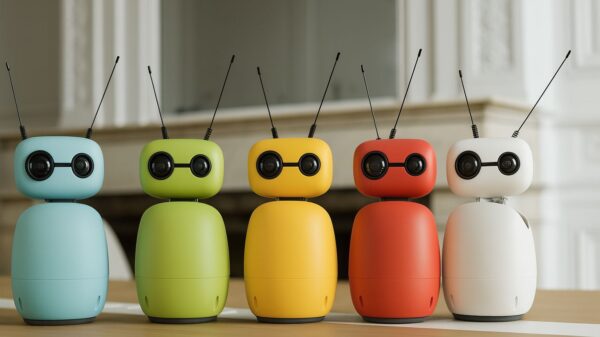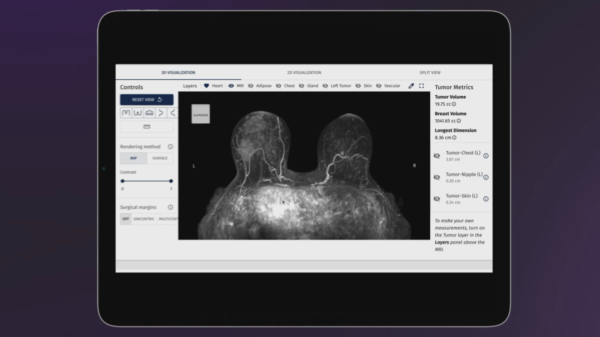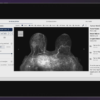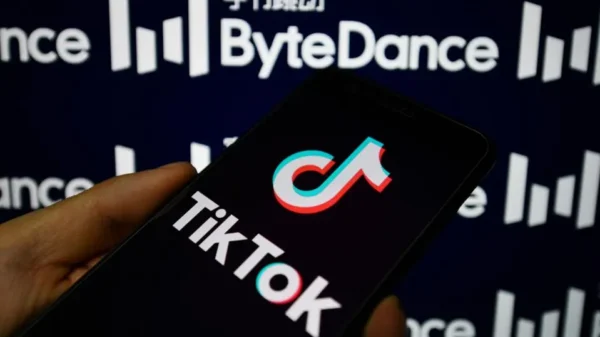Wearable tech offers multiple different somewhat curious health claims. From the mundane abilities of step counters to the ability to detect bio-rhythms and even test blood sugar, but how can the consumer tell that the products actually perform the functions they say they can?
Researchers at the Electronics and Telecommunications Research Institute (ETRI) have solved that problem.
They announced new key international standards for wearable healthcare on Monday and formed a new group to standardize next-generation wearable applications, including sleep monitoring and diagnosis of sleep disorders.
This initiative has established a global common criterion for evaluating the measurement accuracy of wearable devices. The two international standards focus on the performance testing of wearable devices for healthcare and wellness, and aim to set quality criteria and enhance measurement accuracy.
The International Electrotechnical Commission published two standards, “Test Method for Step Counting” and “Test Method for Heart Rate Measurement.”
These standards detail the methods and procedures for testing the measurement accuracy of fitness wearable devices.
The research team highlighted that despite the annual sale of over 500 million wearable devices like smart bands, watches, and rings for health management, no standardized test methods previously existed for measuring the accuracy of basic physical activities like step counting and heart rate monitoring. This absence hindered objective comparisons of performance and accuracy, prompting the publication of these international standards.
ETRI initiated the development of these standards in 2019 in collaboration with major domestic companies. This effort led to the proposal and ultimate publication of the international standards.
Read more: Dream Valley creates temperature regulating blanket utilizing NASA technology
Read more: MOZA Technology unveils multi-purpose ‘Sleepris’ eye massager device
How can we trust wearables with no standardization?
With these international standards now published, ETRI can set performance criteria for wearable devices used in health management. Manufacturers can now officially present the results of performance verification tested according to these international methods. This development is expected to stimulate the related testing, evaluation, and certification markets.
This news comes shortly after South Korean tech giant Samsung Electronics (KRX: 005930) introduced a new line of artificial intelligence (AI) wearables featuring certain disease prediction capabilities.
The device is the new Galaxy Watch 7. It’s due in the second half of 2024 and is expected to offer multiple functions. A few of these include glucose monitoring in addition to an ability to detect sleep apnea. Combined with the forthcoming Galaxy Ring, this could enable “always-on monitoring,” providing a continuous 24-hour health status overview.
However, the U.S. Food and Drug Administration (FDA) issued a caution in February regarding non-invasive blood glucose monitoring, casting disparities on the efficacy of wearable devices’ abilities to detect glucose levels without penetrating the skin.
The company said that although the blood glucose monitoring function of the Watch 7 differs from traditional methods, it could still be highly beneficial for health management. The readings from the Watch 7 cannot be used to prescribe medication. They can, however, assist users and healthcare providers in understanding bio-rhythms and overall health, which aids in medical decisions.
Samsung Electronics’ Mobile Experience division is heavily investing in the digital health business and anticipates being able to secure a competitive edge. In February, the company became the industry’s first to receive FDA approval for its Galaxy Watch-based technology that detects sleep apnea early.
.
Follow Joseph Morton on Twitter
joseph@mugglehead.com













